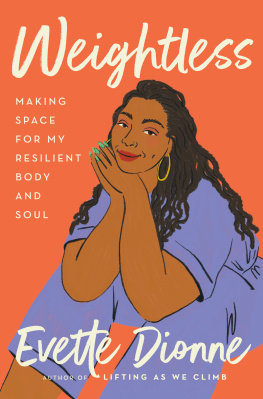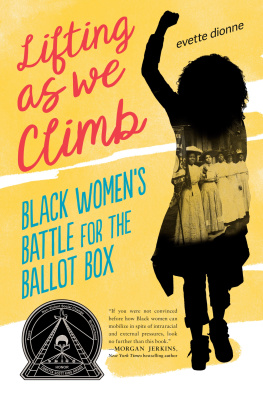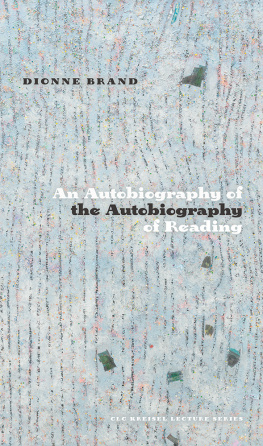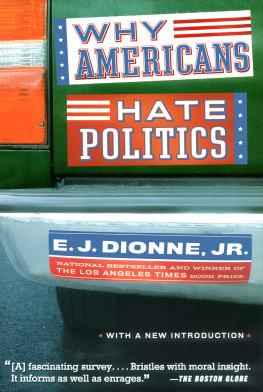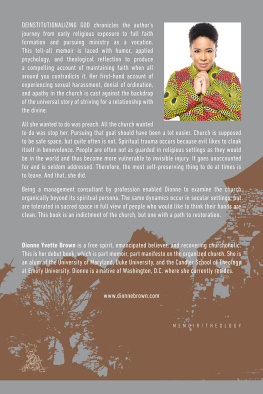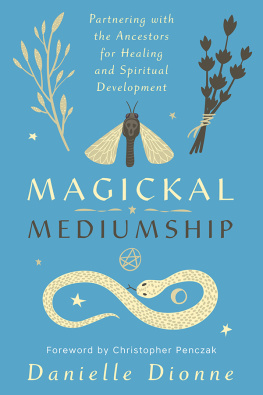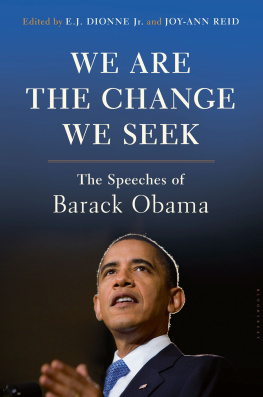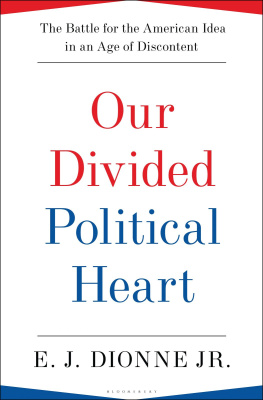I am in heart failure. Its a surreal sentence that still gets stuck in my mouth, coating my tongue like a dry scoop of peanut butter. Ive said the sentence casually on social media and to men Im getting to know, rebuffing all attempts at sympathy by quickly saying in one way or another, Dont worry about me. Ill be just fine. Take good care of yourself. My boundless optimism is really a faade, a faux manifestation of the word fearlessness, which I tattooed on my right forearm in 2014, after a particularly harrowing depressive episode that I thought would hover over me forever. Though a crinkling smile still crosses my face every day, bringing the round apples of my cheeks almost up to my eyes, and I still edit magazines, go on dates, and grapple with the angst that often accompanies turning thirty, Im also deeply afraid for the first time in a long time.
If heart failure werent enough, I also have stage two pulmonary hypertension, or high blood pressure in the lungs, a rare, progressive lung condition that used to kill people in two years or less. Sometimes, late at night, I comb through the #pulmonaryhypertension hashtag on Instagram. Its full of people with varying degrees of the condition carrying oxygen tanks or adjusting stomach ports that pump them with medication twenty-four hours a day. There are photos of people in the hospital awaiting double lung transplants and others trying to complete a whirlwind bucket list before they run out of time. I scroll through those pictures as if theyre a crystal ball predicting my inevitable future. Sometimes it sends me into a panic attack. Sometimes it makes me sob uncontrollably. Sometimes it makes me feel grateful that the disease hasnt advanced that far... yet.
Fear is my normal condition. I fear that my heart will suddenly stop before Ive even had the chance to fully live. I fear that Ill encounter an adverse side effect to the myriad medications Im taking, and that it will kill me before my heart does. I fear that Ill leave behind the people who need me mostmy parents, my grandparents, my brother, my aunts, uncles, and cousins, and, most important, my nieces, who still perceive me as their confidante, the one person who holds their childhood secrets close to the vest.
Now that I have less control of my body than Ive ever had before and medications are the sole determinants of my longevity, writing this book makes perfect sense. Ive been thinking and worrying about my fat body long before my heart failure diagnosis, so I hope my personal stories might light a pathway for other fat people to reclaim their bodies. Im also reminded in this moment that bodies are resilient. At night, when Im browsing that hashtag on Instagram or when I lose my breath as I ascend a staircase, I think, My body has betrayed me, but its not a sentiment I actually believe. Its borne from frustration, not a baked-in belief. My body has not betrayed me; it has continued rebounding against all odds. Its a body that others map their expectations on, but it has never let me down, and for this I am grateful. I need those reminders, especially in dark, quiet moments when I hesitate to go to sleep because Im afraid that I wont wake up. Though I cant control if or when Ill recover, I can still dictate how I feel about my body and encourage others to build that level of sacred relationship with their own bodies.
Id originally gone to the doctor because I felt an unreasonable amount of fullness in my chesta surefire sign that I was either in the throes of an asthma attack or about to have one. I assumed the doctor would give me a professional-grade albuterol treatment, which would ease the inflammation in my lungs so that I would be able to breathe better. An asthma treatment was given, but the fullness in my chest remained. A look of concern crossed the doctors face as she listened to my lungs and heart with her stethoscope. You might have a blood clot that is traveling from your legs into your lung, she explained with as much calmness as she could muster. Though I felt panic in that momentalone in a small room with bland posters on the wallI tried to convey a mature calmness. Thats treatable, right? I remember asking. Is that something we can catch and cure? The doctor nodded affirmatively, but didnt return the fake, Im-too-blessed-to-be-stressed smile that I flashed in her direction.
When I left the doctors office hours later, Id taken a test that eliminated a blood clot as the reason for the chest fullness, but I did have a referral for an echocardiogram (an ultrasound of the heart) and explicit instructions to stay as calm and relaxed as possible so as not to overexert the heart. Within a week, I was gasping for air as that same doctor told me that I was in danger: my heart muscle seemed to be overworking because my heart function was considerably lower than it should be, and I needed to schedule an emergency appointment with a cardiologist. Time was as still as a frozen lake in that moment.
You are in heart failure is still one of the scariest sentences Ive ever heard; it bowled me over in my new cardiologists office as she explained that my heart was only working at about 16 percent of its capacity, and there was no guarantee that it would ever return to the healthy 80 to 85 percent range, even if I followed all the recommendations to the letter. I left her office with reddened eyes, two prescriptions, and a treatment plan that could turn it around or change nothing at all. The idea that my heart isnt pumping blood as well as it should pangs me, even after my cardiologist has explained the condition to me countless times, Ive shared my diagnosis with friends and relatives, and Ive started a rigorous regimen that limits me to 72 ounces of liquid and 2,000 milligrams of sodium per day. Theres a new normal associated with my medical condition: I eat lunch at 1 p.m., a snack at 4 p.m., and dinner at 7:30 p.m. to curb the side effects of the multiple pills I take three times a day, and I have to step on a scale each morning to measure how much fluid has pooled in my body overnight. If I gain more than three pounds in a day, then its back to urgent care for more poking, prodding, and diagnostic tests.
The cocktail of medications Ive been prescribed is designed to remove excess fluid from my body, keep the vessels in my lungs flexible and open, slow down my hearts beat and regulate it, and lower my blood pressure so no part of my cardiovascular system is overworking. My blood pressure is so low, in fact, that my body can no longer regulate its own temperature: Im always cold, so cold that it feels as if Ive been touching snow without gloves on. I also cant get too hotsuper-hot bubble baths are a no-goor I develop nausea and feel as if Im going to pass out. My feet, legs, and fingers sometimes cramp so badly that yellow mustardthe worst condiment of all time (argue with your momma)has permanent placement in my fridge. I need to swallow a spoonful of it every time my foot cramps become unbearable. I drink a glass of orange juice every morning, take two prescription-strength potassium pills every afternoon and a B12 pill at night, and eat at least one banana every day, and its still not enough to ward off the cramping. These are just the prices my body pays for being resilient.
Heart failure has stolen a lot from me: Walking a block makes me feel as if Ive run a marathon. My fingers swell so badly that I sometimes cant wear the glitzy rings that have long been staples in my wardrobe. And I spend hours in doctors offices, having blood drawn, taking diagnostic tests, and figuring out if my medicines are working or making my heartand possibly my kidneysworse. I cant work as much as I used to. I cant even enjoy my typical meal at Chipotle, which has too much salt for my sodium restrictions. (This is the real tragedy of it all.) The very energy that once convinced me that I could write two books, work full-time, and still sleep eight hours each night is gone. There are days when it is difficult to muster the strength to get out of bed, brush my teeth, and get dressed. But as much as these chronic conditions have drained me, they have also helped me reframe whats importantadvocating for myself and for my needs with doctors, romantic partners, bosses, coworkers, and every person and system I interact with. Heart failure has also reminded me that Im not alone in this fight to assert my agency. Ive never been in it alone.

